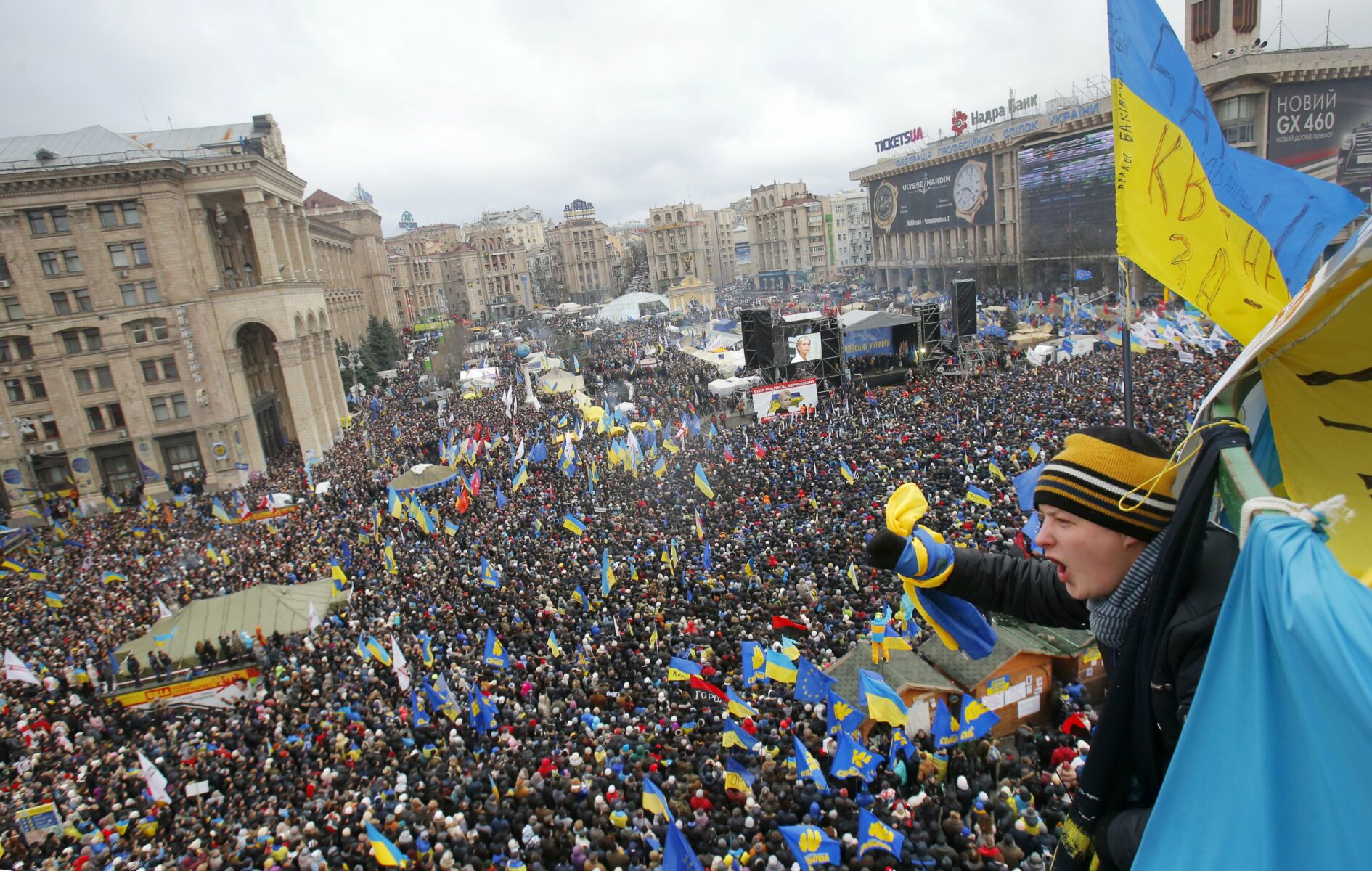RNZ apologises for publishing pro-Kremlin content on Ukraine invasion

The head of New Zealand’s national public service radio broadcaster, Radio New Zealand (RNZ), has issued an apology for publishing content favouring the Kremlin’s narrative on the Russian invasion of Ukraine. Over a dozen wire agency articles were found to have been altered, prompting RNZ’s chief executive, Paul Thompson, to call it a “serious breach” of editorial standards and label the content as “pro-Kremlin garbage.”
Thompson announced an independent investigation after it was discovered that a story from Reuters had been modified to align with Russia’s viewpoint on the Ukraine conflict. The edited article falsely claimed that a pro-Russian elected government was overthrown during Ukraine’s violent Maidan colour revolution in 2014, and that Russia annexed Crimea after a referendum, as the new pro-Western government suppressed ethnic Russians in eastern and southern Ukraine.
The Maidan Revolution led to the ousting of pro-Russian President Viktor Yanukovich in 2014, following months of protests triggered by his rejection of a European Union trade deal in favour of closer ties with Russia. Over 100 protesters were killed by security forces, and Yanukovich eventually fled to Moscow. Russia’s invasion and annexation of Crimea in 2014 has not been recognised by the international community, with the United Nations General Assembly passing a resolution declaring the referendum invalid.
RNZ has corrected 17 published stories so far, with most of them being from Reuters, and some featuring the bylines of agency reporters. The corrected articles have been republished with editors’ notes, dating back to April 2022. Reuters has addressed the issue with RNZ, stating that their content cannot be altered without prior written consent and reaffirming their commitment to impartial and accurate coverage of the war in Ukraine.
A digital journalist at RNZ has been placed on leave, claiming they had been editing stories in the same manner for five years without any issues being raised. Thompson acknowledged that RNZ’s editorial systems were not sufficiently robust and has now implemented a second edit for all wire agency copy. Expressing his disappointment and shock at the publication of “outright propaganda,” Thompson emphasised the importance of getting to the bottom of how it happened.
Latest Thailand News
Follow The Thaiger on Google News:
























